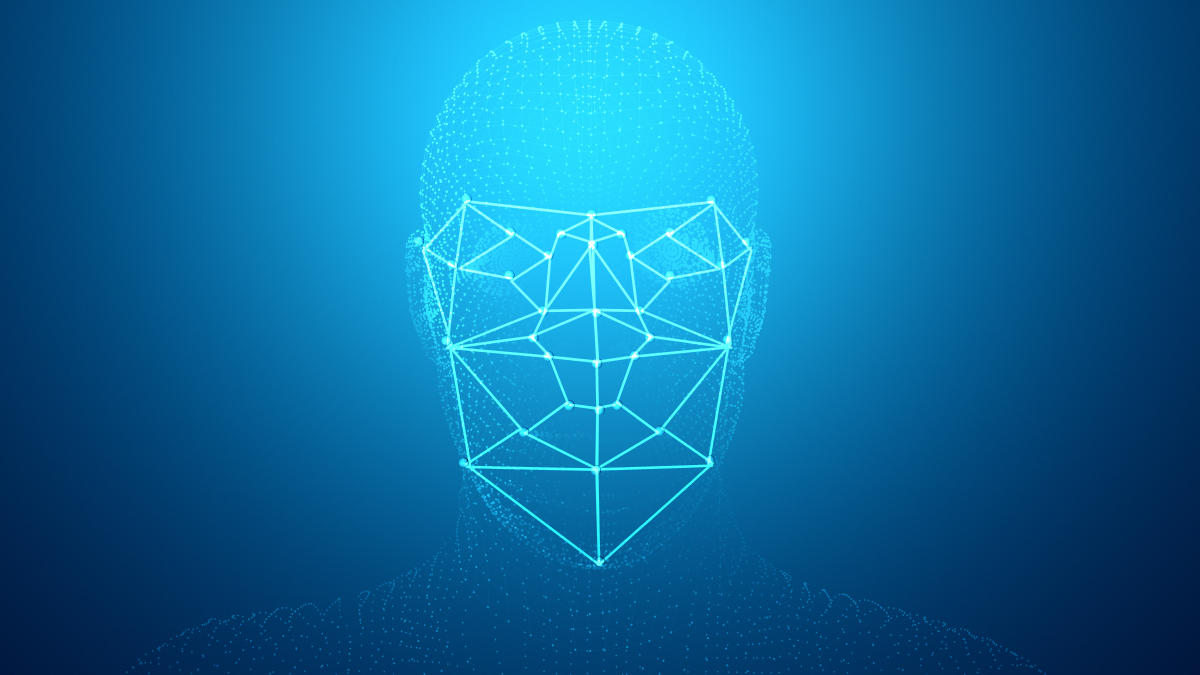The Detroit Police Department has agreed to implement new measures to limit its use of facial recognition technology after a Black man, Robert Williams, was wrongly arrested in 2020 due to a false face match. The agreement comes after a settlement was reached this week, following increased pressure from the American Civil Liberties Union (ACLU). While not a complete ban, the new rules are among the strictest in the country and will impact the use of facial recognition by law enforcement.
What’s Happening & Why This Matters
Williams was mistakenly arrested in 2020 after a false match was made between his expired driver’s license photo and the identity of a suspected shoplifter. The use of facial recognition in this case, and at least two others in Detroit, resulted in the false arrest of Black individuals. Studies also shown that facial recognition is more likely to misidentify people of color.

Under the terms of the agreement, Detroit police are prohibited from making arrests based solely on facial recognition results and conducting lineups based only on facial recognition leads. Furthermore, a facial recognition lead combined with a lineup identification may not be the sole basis for seeking an arrest warrant. There must be additional independent and reliable evidence linking a suspect to a crime. Police will also need to undergo training that addresses racial bias issues in the accuracy rates of facial recognition technology. Additionally, all cases dating back to 2017 in which facial recognition was used to obtain an arrest warrant will be audited for review.
In an op-ed for TIME, Williams highlighted that the new facial recognition rules and further indicated that [DPD] must instead perform traditional investigative police work.
TF Summary: What’s Next
The settlement in Detroit signals a significant shift in the use of facial recognition technology by law enforcement. Supplementing facial recognition within the investigative toolkit mitigates the harmful impact of the technology can have particularly on addressing racial bias and misidentification issues. As other cities and police departments are faced with similar challenges, the adoption of these new rules in Detroit might serve as a model for future reforms and regulations surrounding facial recognition technology in law enforcement.


